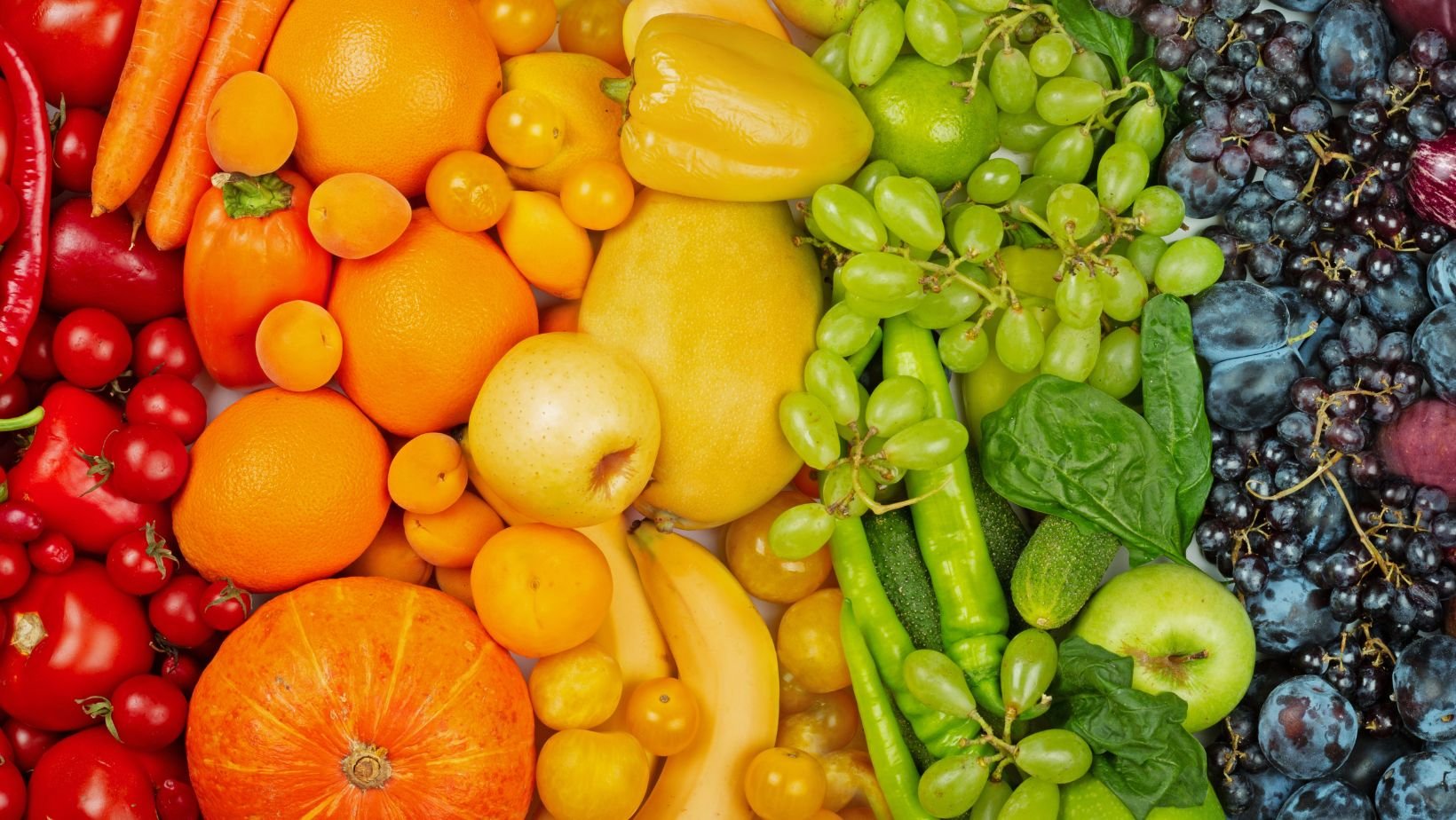Did you know that the colors in fruits and veggies are a reflection of the unique phytonutrients and antioxidants they contain—and these compounds work hard to protect your health.
Here’s a quick guide to what those vibrant colors can do for you:
❤️ Red
Example: Tomatoes 🍅
Packed with lycopene, which supports the heart, prostate, and skin.
🧡 Orange
Example: Carrots 🥕
Full of beta-carotene, which converts to vitamin A for eye health.
💛Yellow
Example: Onions 🧅
Provides allicin, a compound that supports immune function.
💚 Green
Example: Spinach 🥬
Rich in chlorophyll, which supports detoxification and boosts energy.
💙 Blue/Purple
Example: Berries 🫐
Contain anthocyanins, powerful antioxidants that promote brain health.
Different colors = different phytonutrients = whole-body health.
You don’t need to eat all the colors in a single meal, but a great goal is to eat the rainbow over the course of each day.
Your energy, sleep, hormones, and metabolism will thank you.
What’s your favorite color to eat? Let me know with an emoji below 🌈





